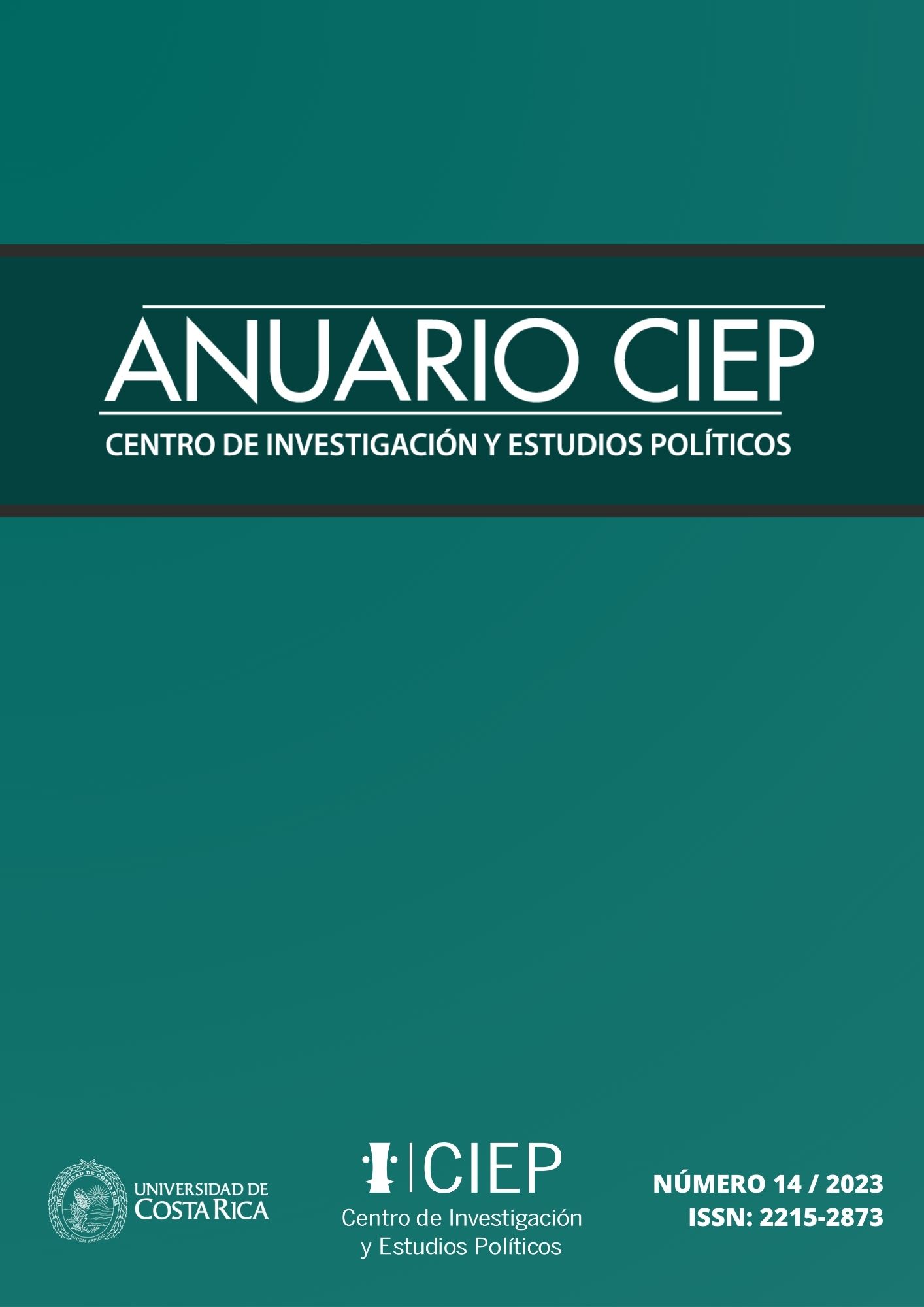Abstract
This work analyzes the socio-environmental conflicts caused by dams and hydroelectric projects in two regions that have witnessed numerous disputes around this issue in Central America, during the last fifteen years: the province of Chiriquí, Panama and the Southern Zone of Costa Rica. For this, the theoretical-methodological perspective employed is Latin American political ecology, a field characterized, among other aspects, by a close dialogue between academic reflections and socio-environmental struggles aganist neoextractivism. The comparative analysis between Chiriquí and the Southern Zone reveals that in both regions the hydroelectric expansion plans promoted by the states and national / transnational capital have been put into tension with a multiplicity of community-based resistances in defense of the rivers. Notable similiarities are observed in the strategies of the state-capital to promote the projects, and the struggle strategies of communities that defend their rivers and territories. On the other hand, the comparative analysis also reveals notable differences between both regions, the most evident being that, while in Chiriquí, Panama there are 37 operating hydroelectric dams, in the Southern Zone of Costa Rica there are none, which is explained by differences in the national trajectories of the respective countries related to the issue. The work includes cartographies of the hydroelectric projects –in operation, in process and/or canceled- that allow visualizing the phenomenon in its territorial dimension.
Comments

This work is licensed under a Creative Commons Attribution-NonCommercial-NoDerivatives 4.0 International License.
Copyright (c) 2023 Alberto Gutiérrez Arguedas, Jonathan González Quiel


